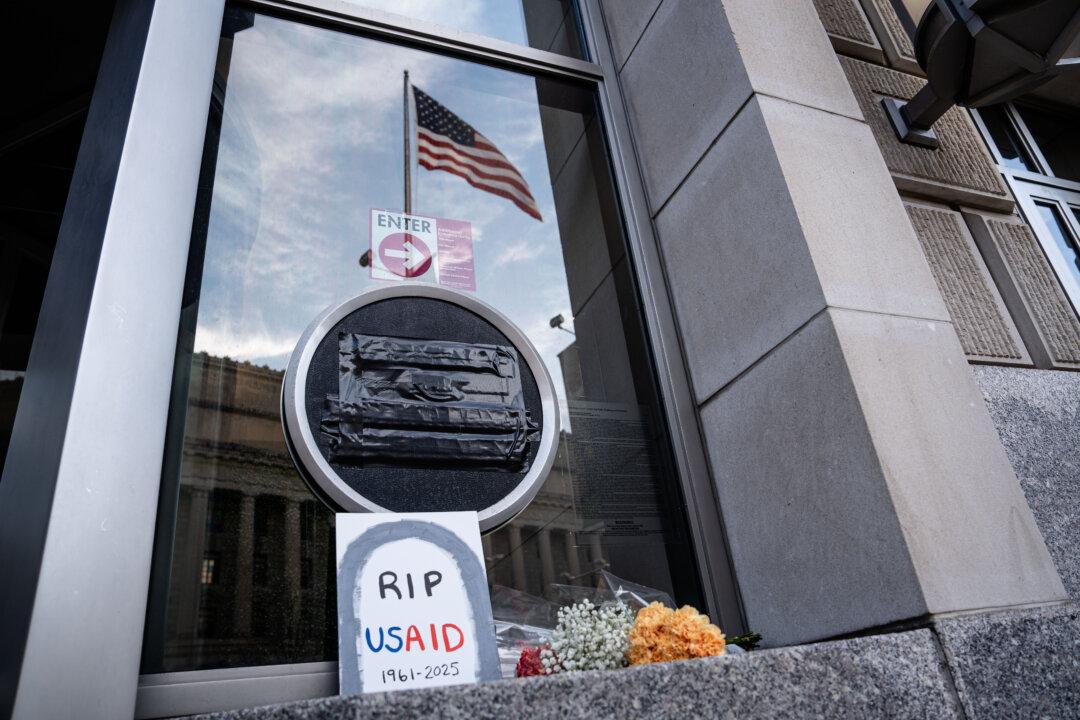A federal judge on Thursday ordered the Trump administration to restore funding for nonprofit organizations that rely on federal grants to provide foreign aid assistance.
After taking office on Jan. 20, President Donald Trump announced a 90-day freeze on all foreign aid and development funding, pending reviews to ensure the programs aligned with U.S. interests. A group of nonprofit organizations filed a lawsuit on Feb. 11, alleging that Trump’s Jan. 20 executive order violated the Administrative Procedure Act.





